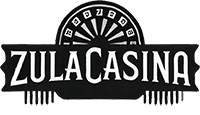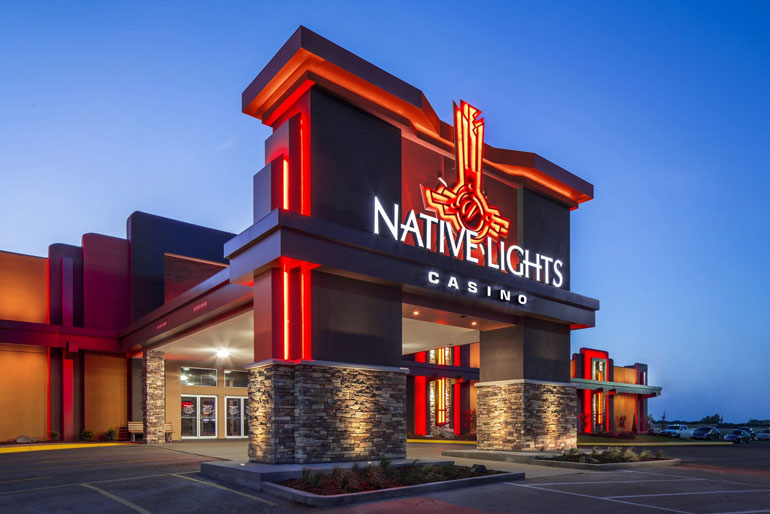When you work at a tribal casino, there might come a time when you wonder about the privacy of your employment information. Can the casino share your details with others? This question can bring up concerns about confidentiality, legality, and how tribal sovereignty might affect workplace privacy. Tribal casinos operate under a unique legal framework, making this topic a bit more complex than it might seem at first glance.
Let’s break it down in simple terms, looking into what tribal casinos are, the laws they operate under, and the limits they have in sharing employment information.
Understanding Tribal Casinos
Tribal casinos are owned and operated by Native American tribes on tribal lands. They are governed by tribal law, which can differ significantly from state and federal laws. These establishments are key sources of revenue for tribes, funding community projects, healthcare, education, and infrastructure.
Because tribal casinos operate on sovereign land, they’re not always bound by the same legal requirements as businesses outside tribal territories. This sovereignty can raise questions about how they handle sensitive information, such as employment records.
Privacy and Employment Information
Employment information includes details like your name, job position, salary, performance evaluations, and more. In most workplaces, this information is considered private, and strict rules govern how it can be shared.
However, at tribal casinos, the laws overseeing employment practices can vary. While they may have their own internal policies to protect employee privacy, the degree of legal enforcement can differ from what employees might expect in non-tribal workplaces.
When Can Employment Information Be Shared?
In any workplace, including tribal casinos, employment information might be shared under specific circumstances:
- Legal Requirements: Tribal casinos might share your information if it’s required by law. For instance, federal agencies like the Internal Revenue Service (IRS) or the Department of Labor might request employment records during audits or investigations.
- Employment Verification: Employers often receive requests for employment verification when an employee applies for loans, mortgages, or new jobs. In most cases, they share basic details like job title, employment dates, and salary.
- Internal Use: Within the casino, your information may be accessed for legitimate reasons like performance reviews, promotions, or compliance with workplace policies.
- Legal Disputes: If there’s a legal case involving the casino, your employment records might be disclosed as part of the proceedings.
Tribal Sovereignty and Employment Law
One of the most important aspects of this discussion is tribal sovereignty. Tribes have the right to govern themselves, which includes creating their own employment laws.
This means that:
- Tribal casinos are often not subject to state employment laws.
- Federal laws, like the Fair Labor Standards Act (FLSA), might apply, but their enforcement could be limited.
Because of this, tribal casinos may handle employment records differently from other businesses. Employees should familiarize themselves with their casino’s policies and the tribe’s labor laws.
How to Protect Your Employment Information
If you’re concerned about the privacy of your employment information at a tribal casino, there are steps you can take:
- Ask About Policies: Request a copy of the casino’s employee handbook or privacy policy. This document should outline how your information is used and shared.
- Limit Information Sharing: Be cautious about providing additional personal information unless it’s absolutely necessary.
- Request Consent Forms: In some cases, casinos may ask for your consent before sharing certain details. Review these forms carefully to understand what you’re agreeing to.
- Consult Legal Aid: If you believe your information has been shared inappropriately, consider seeking legal advice. Employment law attorneys familiar with tribal jurisdictions can provide guidance.
Common Concerns About Employment Privacy
Some employees worry that working for a tribal casino might expose them to additional risks regarding their privacy. Here are a few common concerns and clarifications:
- Will the casino share my information with tribal authorities?
This depends on the nature of the request and the casino’s policies. Tribal casinos are governed by tribal councils, which may have access to certain employment records for administrative purposes. - Can my employment information be used against me?
Just like in any workplace, there are laws and policies to prevent misuse of your information. Tribal casinos often adhere to ethical standards to maintain trust among employees. - What happens if I leave the casino?
Even after leaving, your employment records may remain in the casino’s database. Ensure you understand how long they retain information and how it might be used.
The Importance of Communication
If you have any doubts about how your employment information is handled, it’s always best to address them directly with your employer. Tribal casinos typically have human resources departments or equivalent offices that can answer your questions. Transparent communication can help build trust and clarity.
Final Thoughts
Working at a tribal casino offers unique opportunities, but it also comes with distinct challenges when it comes to understanding workplace policies. While tribal sovereignty grants these casinos a special legal status, it doesn’t mean employees are without rights. By staying informed and proactive, you can ensure your employment information is handled with the care and confidentiality it deserves.
If you’re ever in doubt, remember to seek clarification from your employer or consult a legal expert familiar with tribal law. Safeguarding your personal details starts with understanding the policies and taking steps to protect your privacy.

